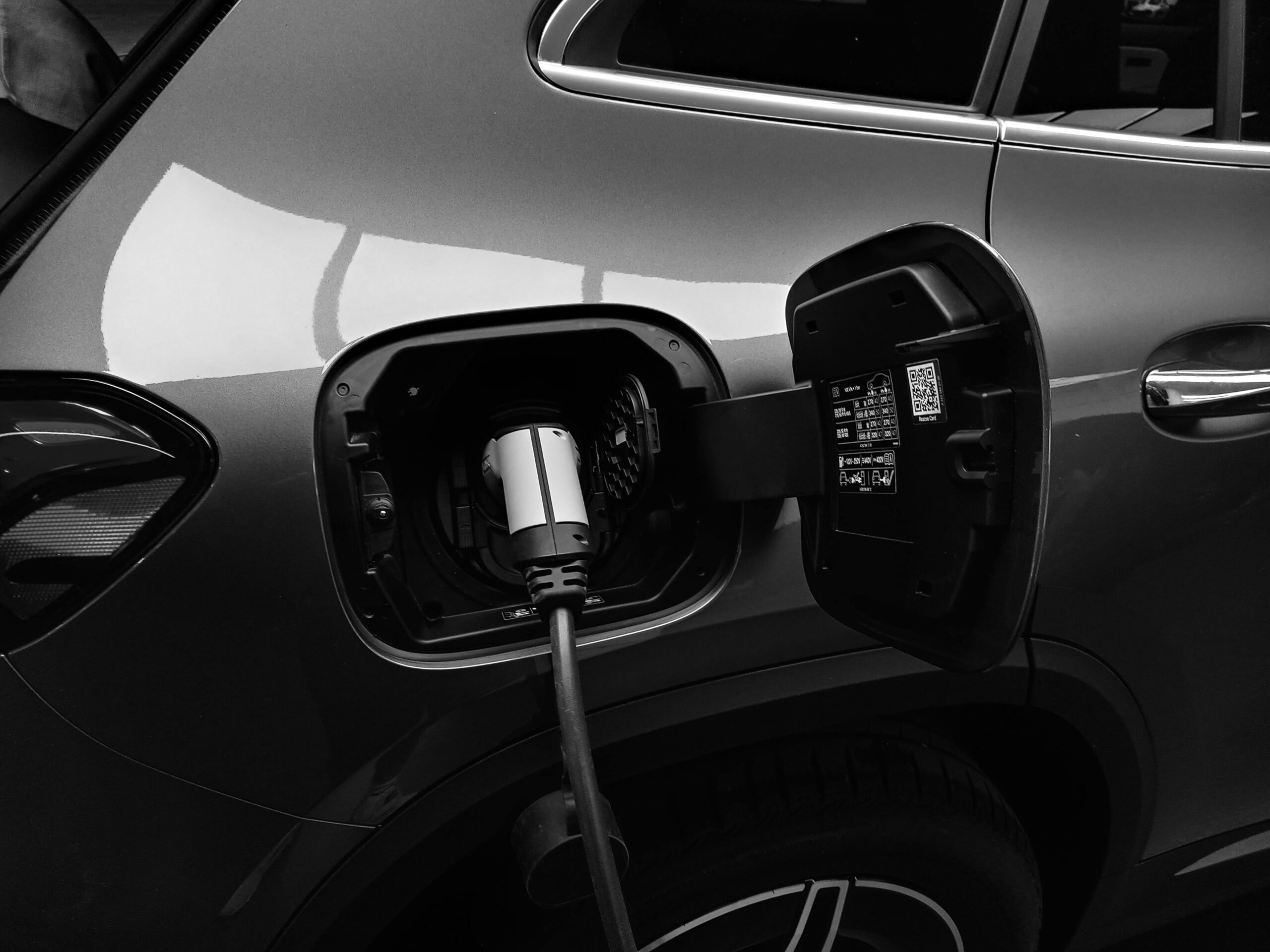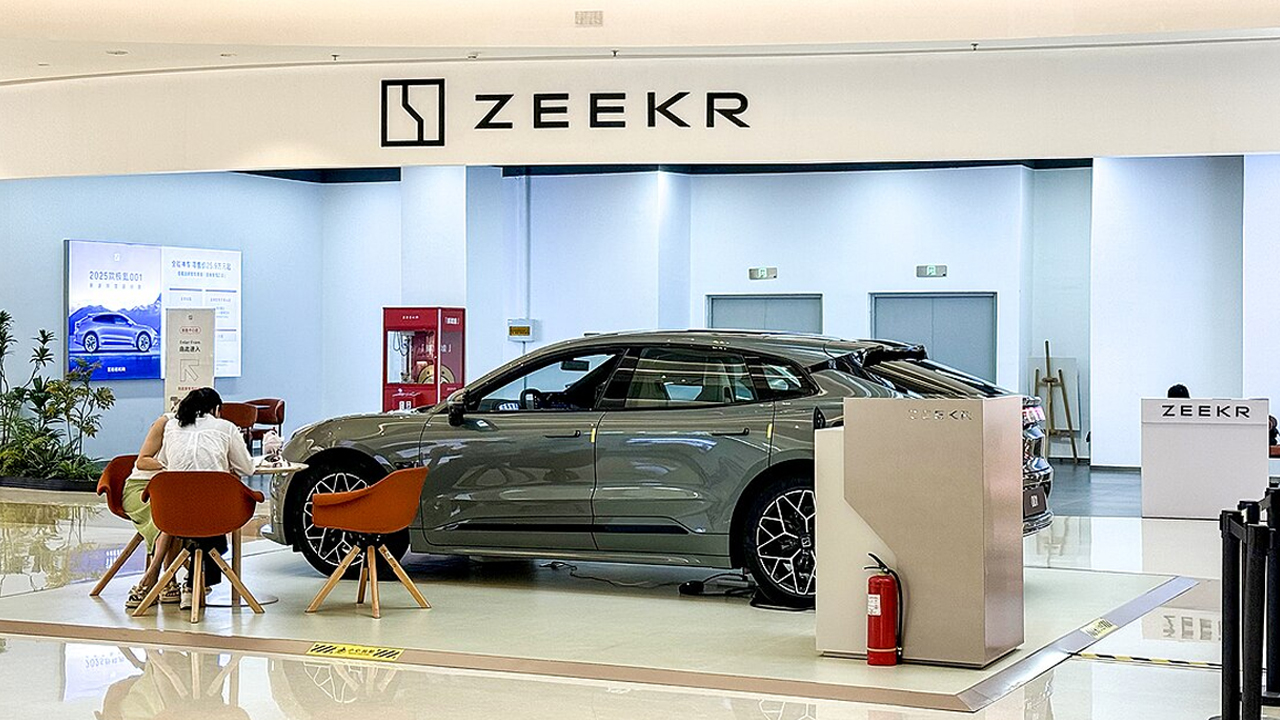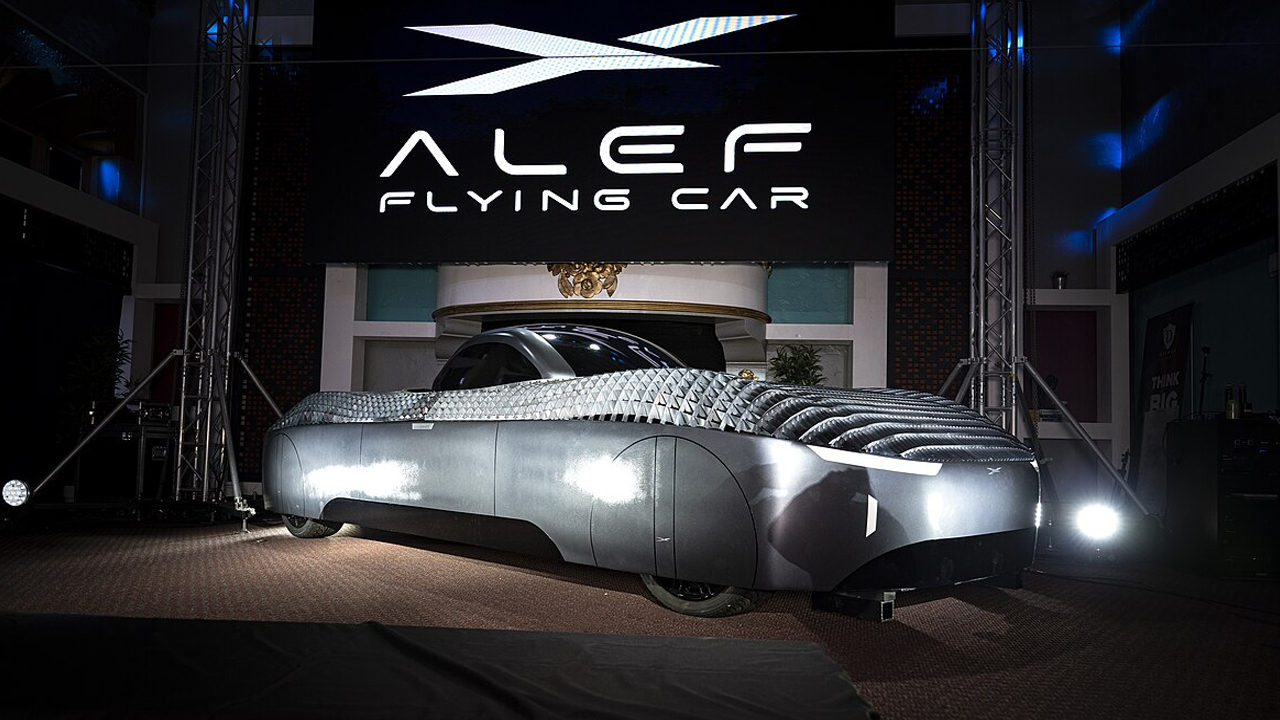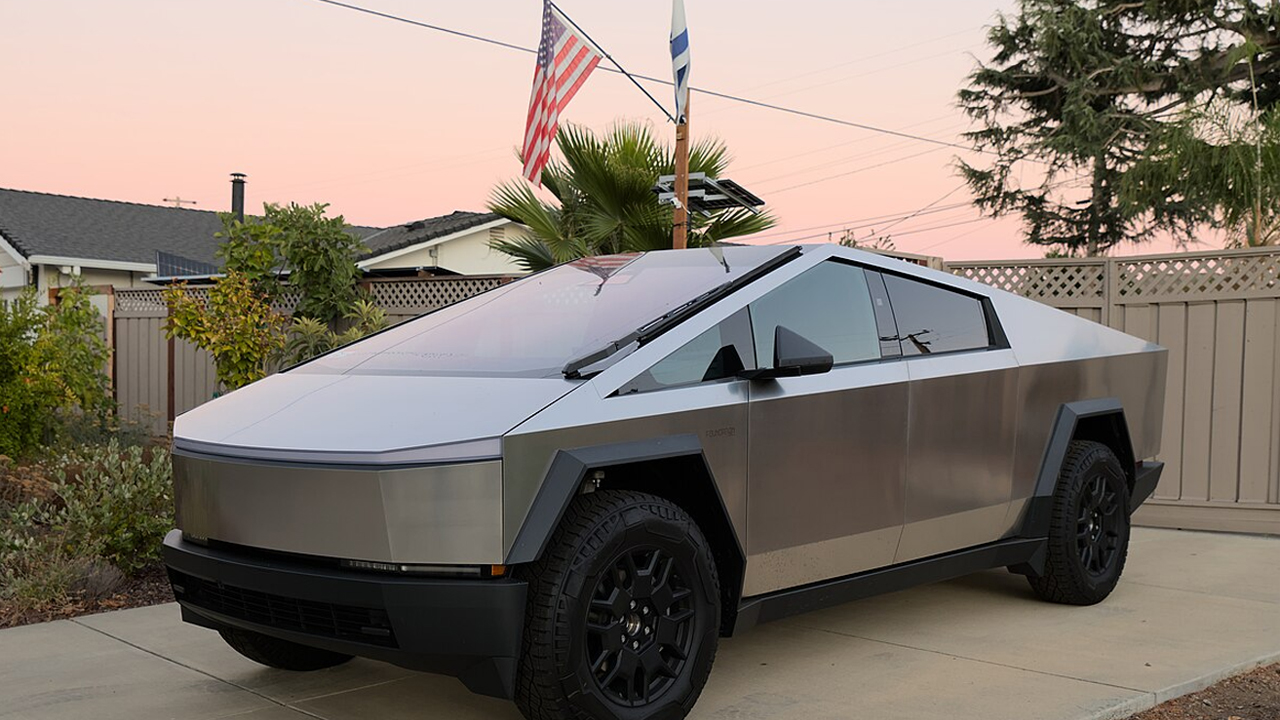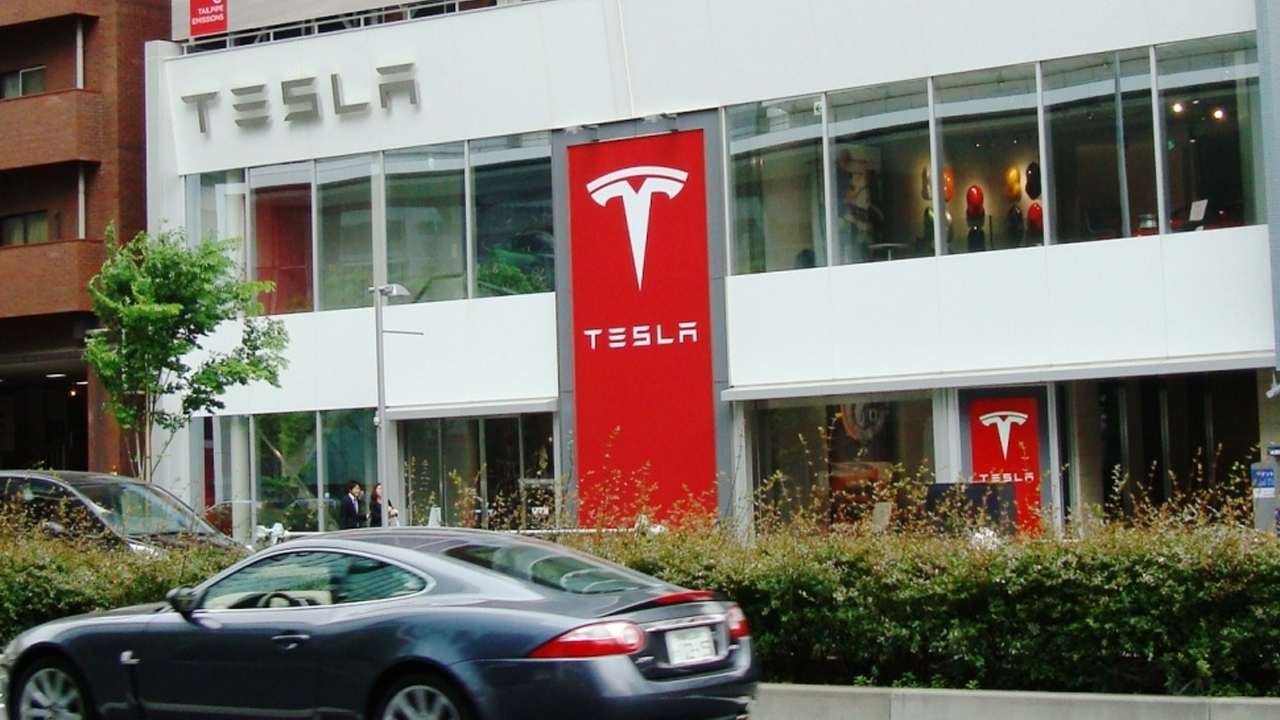Tesla’s had a solid grip on the electric vehicle space for years, but that might be changing. A wave of new features from Chinese EV makers is starting to grab real attention, and one in particular could shift the balance. Zeekr, a brand under Geely, is introducing a driver-assist feature that’s not only impressive—it’s free. And that’s just the start. From rapid charging to built-in autonomy, these new moves aren’t just closing the gap—they’re rewriting the rules. Here’s why Tesla may need to start looking over its shoulder.
Zeekr’s Navigate on Pilot System is Turning Heads
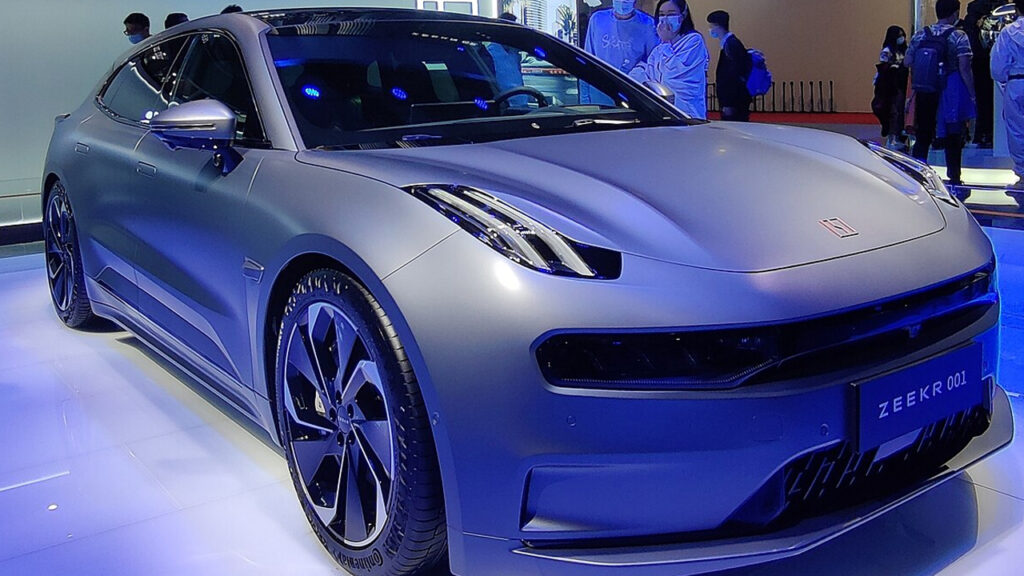
Zeekr, a Chinese EV brand under Geely, is rolling out a hands-on driver assist feature called “Navigate on Pilot” that handles highway driving with minimal driver input. The system is launching first to select users, with a full release planned shortly after. What’s getting attention isn’t just what the feature does—it’s the fact that Zeekr is offering it completely free, unlike Tesla’s Full Self-Driving package, which comes at a steep price.
This shift signals a new approach in the EV world: making advanced driving tech more accessible. Zeekr is betting on wide availability over paywalls, and that move alone could give Tesla some serious competition in markets that care about tech without the upcharge. This system is also expected to expand across other Geely brands like Lynk & Co. (Source: The Cool Down)
Chinese EV Makers Are Making Autonomy Standard
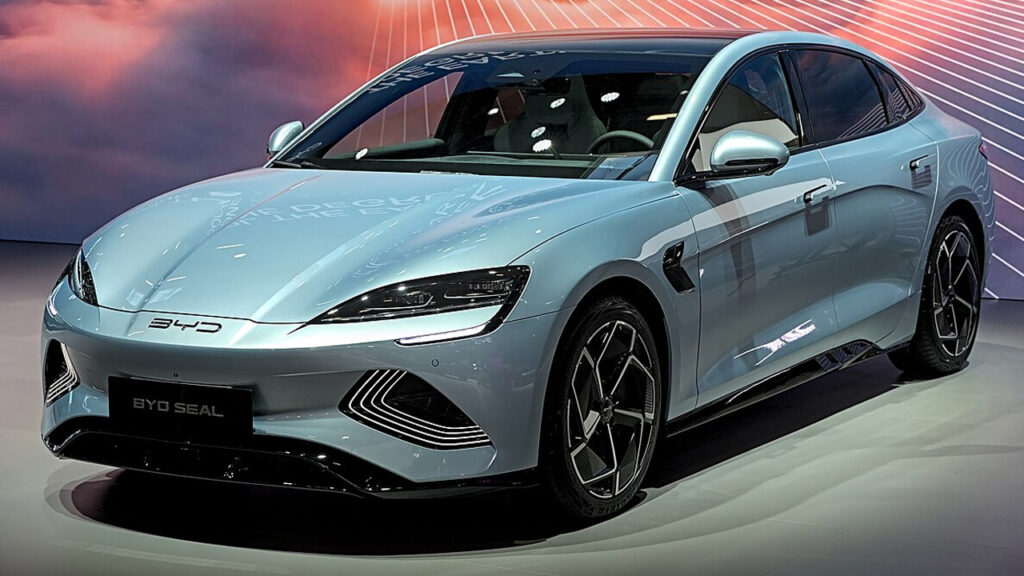
It’s not just Zeekr. Other Chinese manufacturers are pushing hard to make semi-autonomous features standard instead of premium. BYD recently introduced its “God’s Eye” system—think hands-free highway driving, lane changing, and emergency braking—all at no extra cost. This strategy helped BYD beat Tesla in global EV sales last year, and the price-to-feature ratio is a big reason why.
Instead of locking key features behind monthly fees or huge one-time payments, these companies are folding them into the base price. That move isn’t just consumer-friendly—it’s disruptive. If other brands follow, Tesla may be forced to rethink how it packages and prices its tech. (Source: Barron’s)
Fast-Charging Is Finally Living Up to the Hype
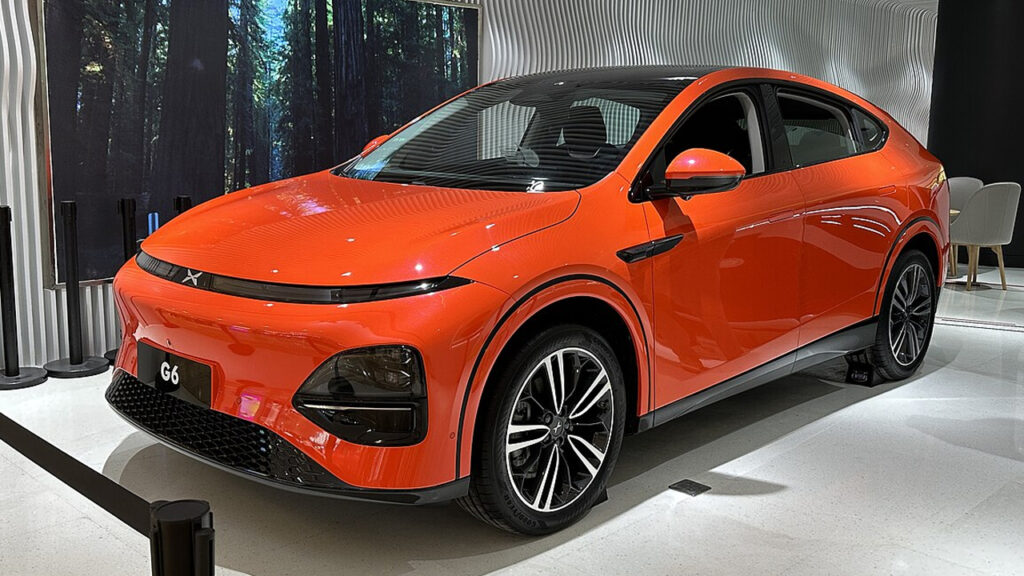
XPeng’s G6 model is solving a problem that’s long plagued EVs: slow charging. Thanks to its 800-volt electrical architecture, the G6 can add up to 300 kilometers of range in just 10 minutes. That’s a massive improvement over older systems and brings EV refueling time closer to what drivers expect from traditional gas stops.
This kind of speed isn’t just a convenience—it’s a selling point. For buyers who have hesitated because of charging delays, EVs like the G6 make the decision easier. It’s another sign that Chinese EVs aren’t just competing—they’re starting to lead on things that really matter to everyday drivers. (Source: Wikipedia)
Why Tesla Shouldn’t Get Too Comfortable
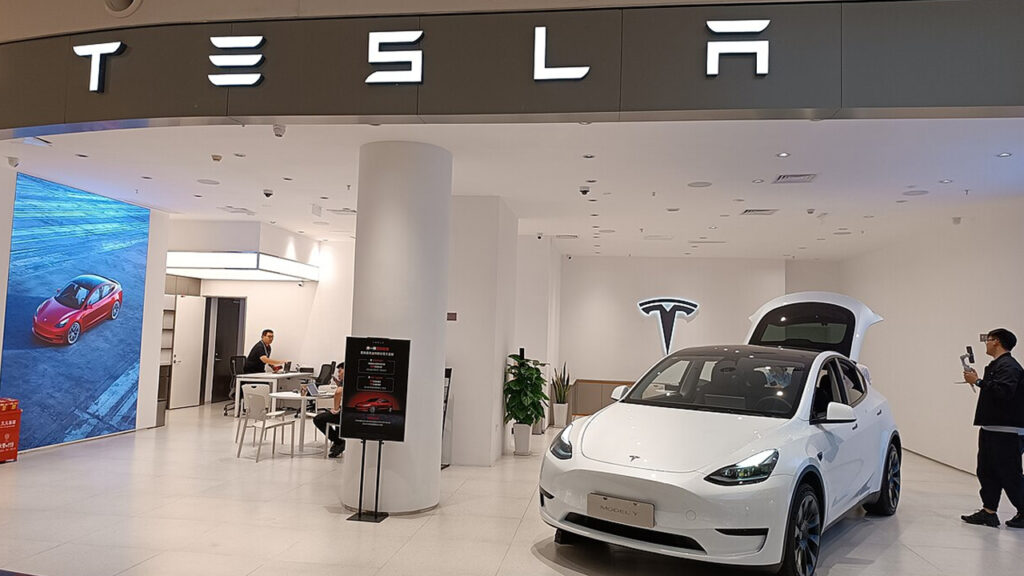
Tesla still holds a strong brand and infrastructure advantage, but the landscape is shifting. What we’re seeing now is a wave of companies—especially in China—rolling out meaningful tech upgrades without the premium price tag. Whether it’s autonomous driving or fast-charging capabilities, these features are becoming the new standard.
The competitive pressure is real. If Tesla doesn’t respond with more value at its price points, it risks losing ground—not just in emerging markets, but in its own backyard. The next few years will likely define whether it remains the leader or starts falling behind.
